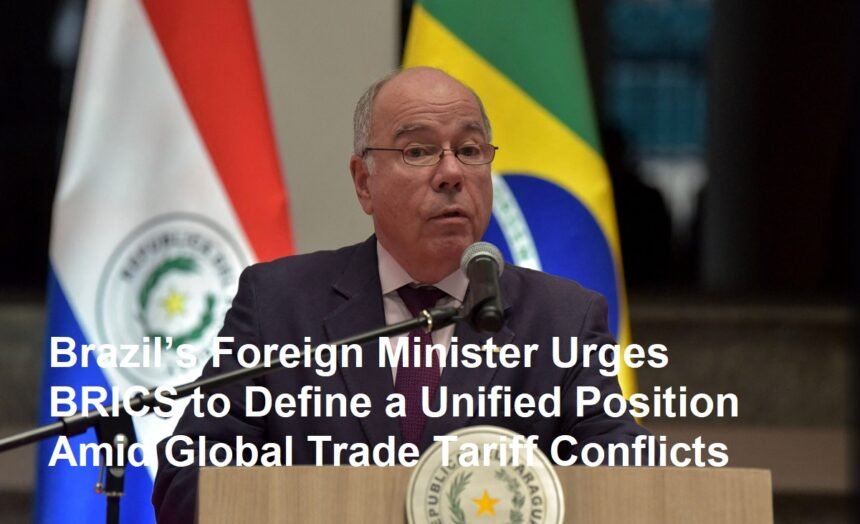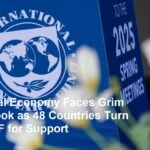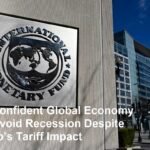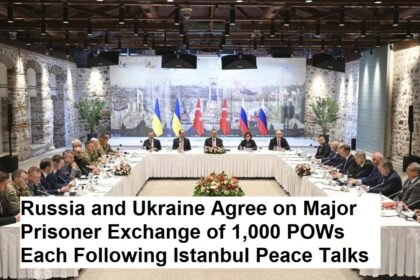In a significant diplomatic gathering held in Rio de Janeiro, Brazil’s Foreign Minister Mauro Vieira emphasized the critical need for BRICS countries to establish a clear and united stance amid the ongoing global trade tariff wars. The meeting brought together foreign ministers from BRICS member states—Brazil, Russia, India, China, South Africa—and new members including Indonesia, Iran, Egypt, the United Arab Emirates, and others.
Vieira highlighted BRICS’ strategic role as a balancing power in the global arena, especially in the face of dominant economic influences from the United States and Europe. He stressed that the bloc must navigate carefully through the escalating tariff conflicts that threaten the stability of the international trade system.
The backdrop of this meeting is the aggressive tariff policies implemented by the United States under President Donald Trump, who has imposed significant import tariffs on many countries, including BRICS members. China, for example, faces tariffs as high as 145% on certain products, with retaliatory tariffs imposed in return. Trump has also threatened to impose tariffs up to 100% on BRICS countries if they weaken the US dollar’s dominance in global trade.
During the meeting, the ministers discussed a joint declaration aimed at reaffirming the centrality of multilateral trade negotiations and condemning unilateral trade actions. Brazil’s ambassador Mauricio Lyrio noted that the final communique would be critical but balanced, avoiding overt confrontation while firmly opposing protectionist measures.
Russia’s Foreign Minister Sergey Lavrov attended the meeting, underscoring Russia’s continued influence within BRICS despite ongoing geopolitical tensions, including the conflict in Ukraine. The group carefully addressed the humanitarian crises in Ukraine and Gaza, calling for peaceful resolutions and humanitarian aid access. Vieira specifically called for the full withdrawal of Israeli forces from Gaza, condemning ongoing attacks and blockades.
Indonesia, which officially joined BRICS in January 2025, was represented by Foreign Minister Sugiono. Sugiono expressed Indonesia’s commitment to playing an active and constructive role within BRICS, advocating for peace, respect for international law, and reform of global institutions to be more inclusive and transparent. He emphasized the importance of BRICS leading efforts to uphold international humanitarian law and avoid double standards in enforcement.
The meeting also touched on financial cooperation, with discussions about increasing the use of national currencies in intra-BRICS trade to reduce dependence on the US dollar. While the idea of a single BRICS currency remains premature, members agreed on the need to strengthen financial ties and support development financing through institutions like the New Development Bank, which Indonesia recently joined.
Brazil, currently holding the BRICS presidency, is also preparing for the upcoming BRICS Summit in July 2025 in Rio de Janeiro, where these strategic issues will be further discussed. The presidency is prioritizing climate finance and sustainable development, aiming to push for greater financial support from wealthy nations to help developing countries adapt to and mitigate climate change.
In summary, the BRICS foreign ministers’ meeting in Brazil underscored the bloc’s determination to present a united front in the face of global economic challenges, particularly the trade wars initiated by the US. The group advocates for diplomacy over confrontation, multilateral cooperation over unilateralism, and a more equitable global order that respects the interests of emerging economies.









